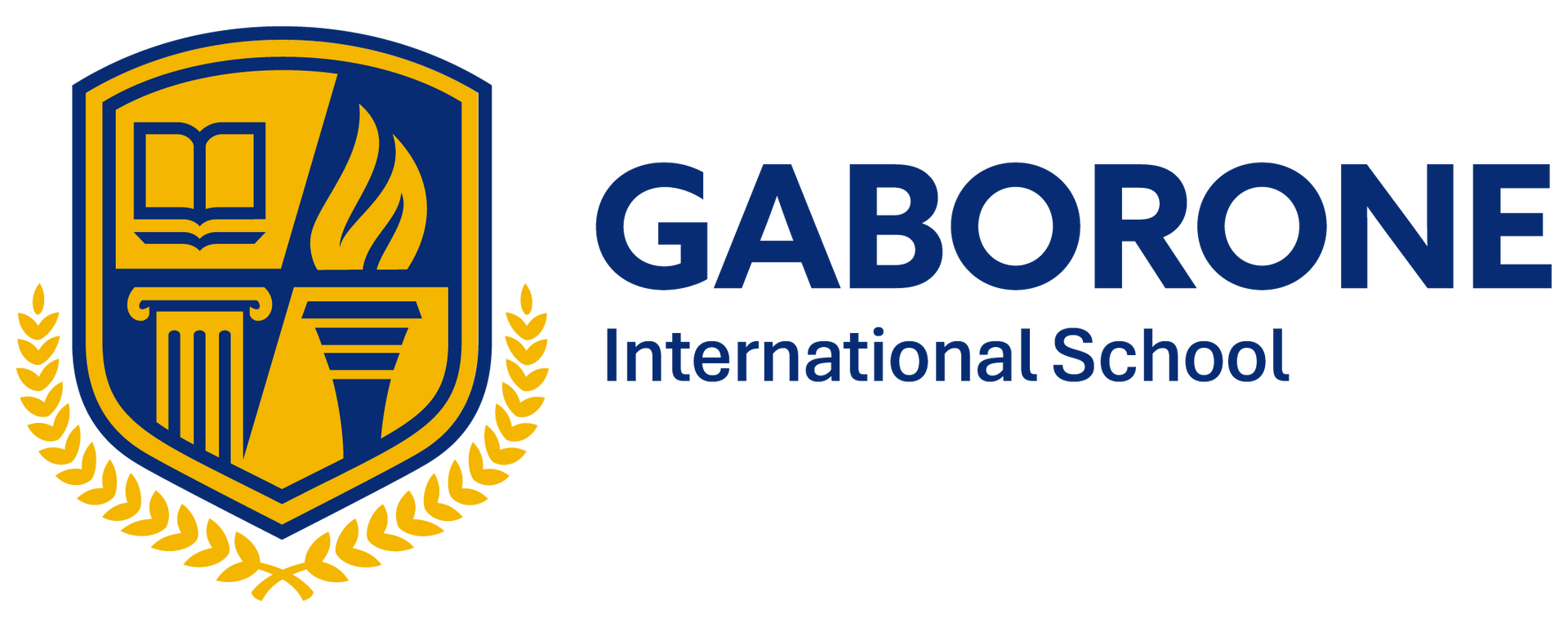11 Life Skills Every Child Should Know
Children need to be able to communicate, be independent, and successfully navigate life. These life skills can help your child get ready for every stage of life, from preschool to the day he leaves the nest.
1. Self-care and well-being
Teach kids how to take care of themselves, emphasizing healthy eating, exercise, hygiene, and sleep in order to encourage good habits, reduce stress, and uphold general wellbeing.
2. How to Stay Organized
Tracking their possessions and academic progress, utilising tools like planners and study timetables may help children become more organized.
3. How to Deal with Failure
Encourage your child to create realistic goals, take on challenges to develop their skills, and instil the idea that success is the return on their effort.
4. Financial Literary
Encourage children to learn about money through allowances, allow them to accompany you on grocery shopping, discuss loans and observe other individuals’ financial decisions to prevent debt and ensure financial security.
5. Digital literacy
Teach the child ethical technology usage that includes internet privacy, cyberbullying and assessing sources for a positive online identity.
6. Decision-making Skills
Encourage your child to think through the implications of their decisions, help them balance the pros and cons, be understanding of their mistakes, and support their practice-based learning.
7. How to foster Emotional intelligence
Encourage empathy, self-awareness and good relationships by teaching your child how to identify and control their emotions.
8. How to Communicate Effectively
Talk about daily events with your kid, make sure they listen intently and encourage them to read to expand their vocabulary and comprehension as you help them build communication skills.
9. How to be Independent
To foster independence, instruct kids on how to do things on their own, complete their schoolwork, keep their rooms clean, and take care of their possessions.
10. Time management
Create age-appropriate routines, emphasize priorities and have time limits (eg. Curfew)
11. Self-defence
Teach the child how to spot risky circumstances, evaluate them and provide them with appropriate steps to deal with the circumstance.
Conclusion
In today's world, it is more important than ever for children to have the skills they need to be successful. The 11 life skills listed in this article are essential for children of all ages. By teaching your child these skills, you are giving them the foundation they need to thrive in school, in their careers, and in life. We hope you have found value in this article. Read more insightful articles on Gaborone International School’s blog posts.




